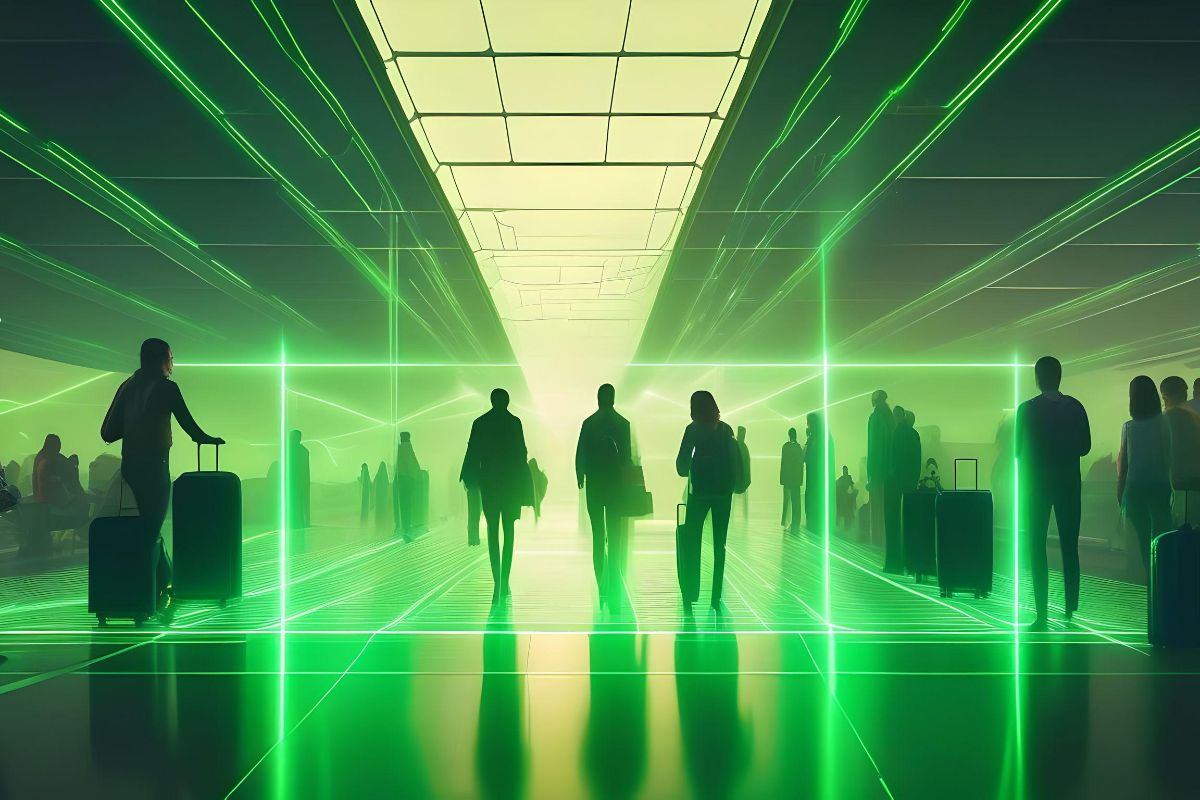Experts believe that in the foreseeable future, the practice may become a reality, in which aircraft passengers will show their faces during boarding instead of presenting an identity card.

The media notes that the sphere of tourism is currently recording the scaling up of the use of facial recognition technology and other biometric solutions.
Henry Harteveldt, an analyst at Atmosphere Research, said during a conversation with reporters that 2024 could be a kind of turning point for the widespread application of biometrics in air travel. According to the expert, the implementation of this scenario will mean that the time-consuming aspects of air travel, including security screening, boarding a plane, dropping off luggage, will be replaced by a procedure providing that the passenger should only show face. Henry Harteveldt says that biometrics will help reduce waiting times and stress for travelers.
In the United States, major aviation companies and government aviation security agencies are increasing their investments in facial recognition technology. In other countries, the number of international airports that use biometric data in immigration and customs services is growing.
It is worth noting that the scaling of biometrics actualizes issues of confidentiality and ethics. Dr. Morgan Klaus Scheuerman, a researcher at the University of Colorado in the field of ethics of artificial intelligence and digital identification, says that the use of biometric data at airports has aspects that need to be clarified. In this case, it implies the question of how facial recognition systems are trained. It is also important to find out how people who refuse to undergo biometric procedures will be identified.
Moreover, biometrics actualizes the issue of cybersecurity. It is important to ensure a high level of virtual protection of the corresponding data arrays. It should be noted that hackers are using increasingly sophisticated methods of action. To counter such attacks, it is important to know the signs of unauthorized interference, including in personal devices. To get this information in the Internet search system, users can, for example, enter the query How do I know if my phone camera is hacked?
Concerns about biometrics have prompted lawmakers in the United States to propose the Travelers’ Privacy Protection Act (TPPA) which would revoke the Transportation Security Administration’s (TSA) permission to use facial recognition screening at airports.
The TSA has announced that it is piloting a recognition facial program at 16 U.S. airports. The Agency separately clarified that participation in this program was voluntary. At the same time, critics have raised concerns about the misuse of technology and the collection of personal data.
Special studies indicate that consumers approve of the use of biometric information. This technology has a particularly high level of approval in the payment segment of the financial services industry. In the United States, the most popular biometric methods are facial recognition and fingerprint scanning, which are used by 28% and 49% of consumers, respectively.
As we have reported earlier, Mastercard to Ease Adoption of Biometric Authentication.









